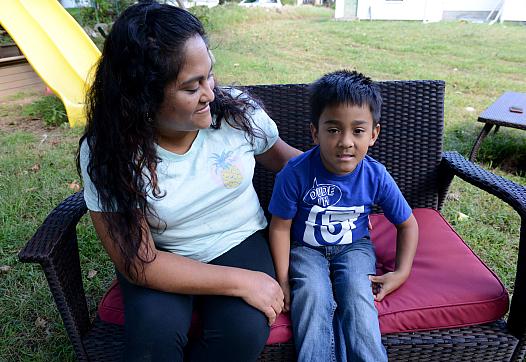
Why we know so little about preterm births and what experts want to do about it.

Why we know so little about preterm births and what experts want to do about it.
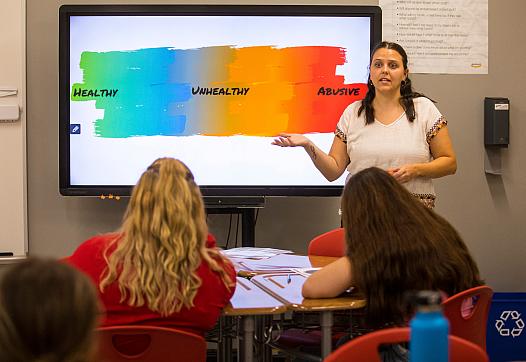
Schools across Ohio and Kentucky are now teaching violence prevention courses in high school and social-emotional learning in grade school.
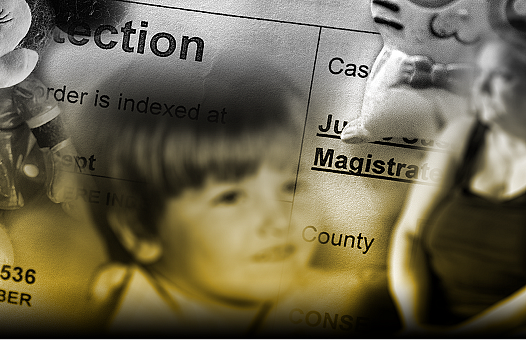
A Cincinnati domestic violence survivor credits her life to a partnership between Cincinnati Police and a local nonprofit that bought her assistance.
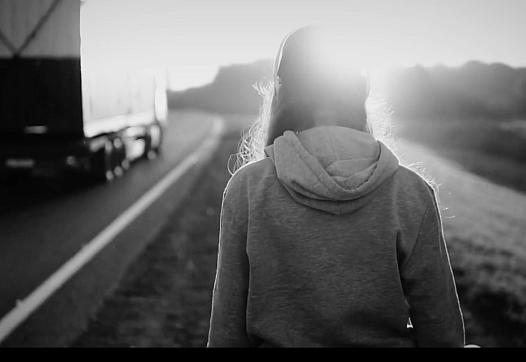
Kayleigh is an example of what can happen if we don’t find better ways to meet the needs of teenagers with developmental and mental health disabilities.
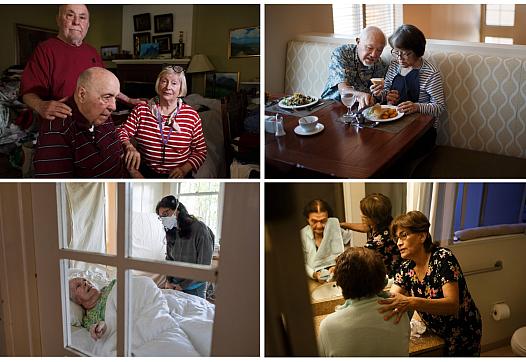
Four families share how the pandemic changed their care plans during an "emotionally horrifying" year.
A Mexican woman details the physical and mental abuse she suffered at the hands of two husbands.
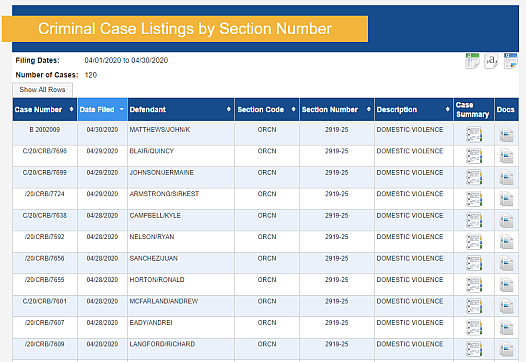
To examine the intergenerational legacy of domestic violence, The Enquirer focused on one month's criminal court docket in Hamilton County for the crime then built a database of family histories.
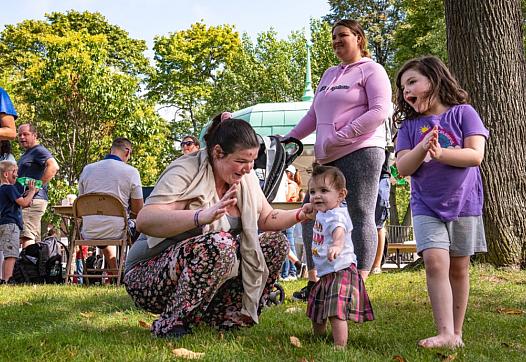
The state's child welfare system is still recovering from funding cuts, compounding the crisis.
This article was produced as a project for the 2021 Domestic Violence Impact Reporting Fund at USC's Annenberg Center for Health Journalism.

In a unique storytelling project, survivors share deeply personal stories about their experience living with and surviving domestic violence.